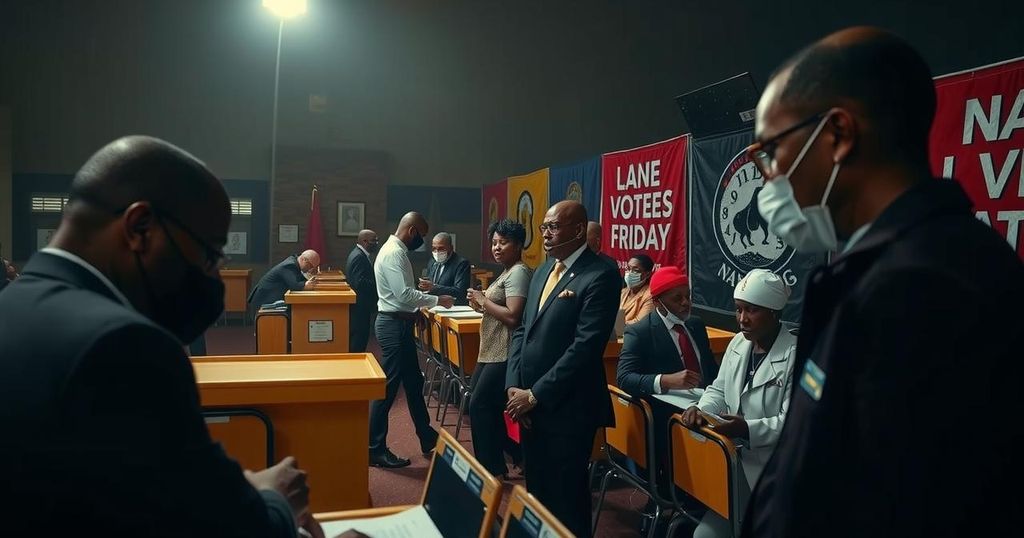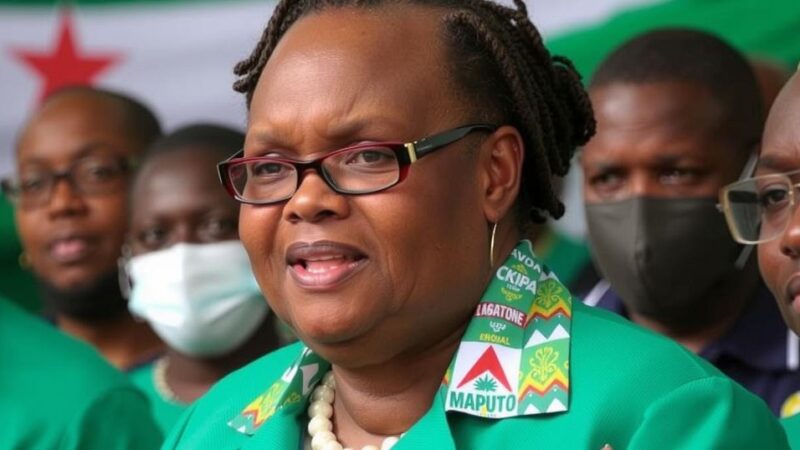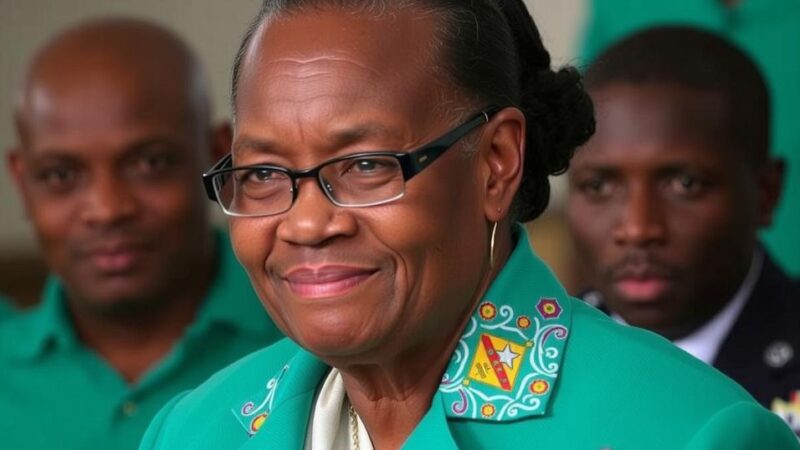Namibia faces election turmoil following a controversial extension of voting due to reported irregularities, such as ballot shortages and malfunctioning equipment. The opposition IPC calls for voters to persevere amidst frustration, while Swapo’s leadership is challenged, particularly from a disillusioned youth population. This situation mirrors electoral unrest in Southern Africa, reflecting broader discontent with established political parties.
Namibia is currently experiencing significant turmoil surrounding its presidential and parliamentary elections, following an unexpected extension of the voting period due to reported “irregularities”. The Electoral Commission of Namibia (ECN) acknowledged logistical challenges, including a shortage of ballot papers and malfunctioning electronic voting devices, which led to long waiting times for voters. As a result, polling stations that were initially scheduled to close earlier have remained open until Saturday night, sparking frustration among the electorate and opposition parties.
The opposition party, Independent Patriots for Change (IPC), is striving to end 34 years of dominance by the South West Africa People’s Organisation (Swapo). IPC presidential candidate Panduleni Itula expressed regret over the voting irregularities but encouraged citizens to persevere and complete the voting process as directed by the ECN. He is facing off against Swapo’s Netumbo Nandi-Ndaitwah, who, if successful, would become the country’s first female president.
Voter sentiments reflect a growing discontent among the youth regarding the lack of opportunities in a nation with stark economic inequality. Since gaining independence in 1990, Swapo has maintained political control, yet the current discontent raises questions about its ability to retain power amid the emerging opposition’s challenge. This situation has paralleled recent electoral unrest in Southern Africa, where established ruling parties face increasing scrutiny and rebellion from voters disillusioned by their governance.
Namibia’s current political landscape is heavily influenced by its colonial history as a former German colony, later administered by South Africa. The country achieved independence in 1990 under the leadership of Swapo, a party renowned for its pivotal role in the liberation struggle. Despite its status as an upper-middle-income nation, Namibia grapples with severe economic inequality, which has led to growing dissent among its youth and opposition parties. This election is particularly significant as it not only represents a test for Swapo but also a response to broader trends seen in nearby countries where long-standing ruling parties are encountering popular resistance.
In conclusion, the prolonged election process in Namibia due to documented irregularities highlights the mounting tensions in a nation that has been governed by Swapo for 34 years. The IPC has positioned itself as a formidable opponent to Swapo’s rule, as growing youth dissatisfaction with current governance reflects deep-seated economic grievances. The resolution of these electoral issues and the resulting public response will be critical in determining the future political landscape of Namibia and whether change is indeed on the horizon.
Original Source: www.aljazeera.com







